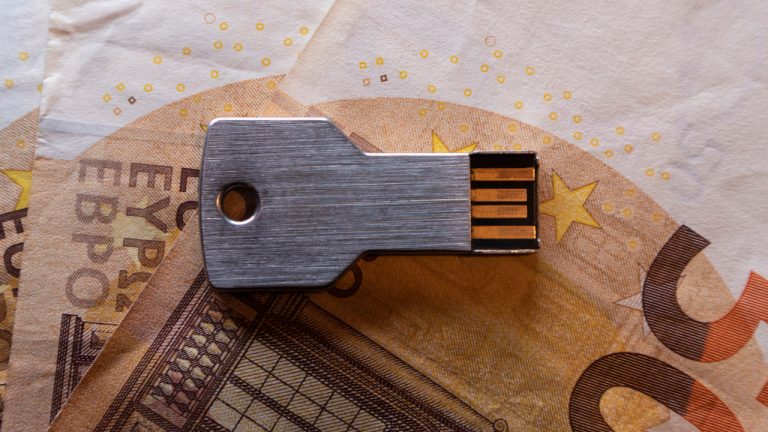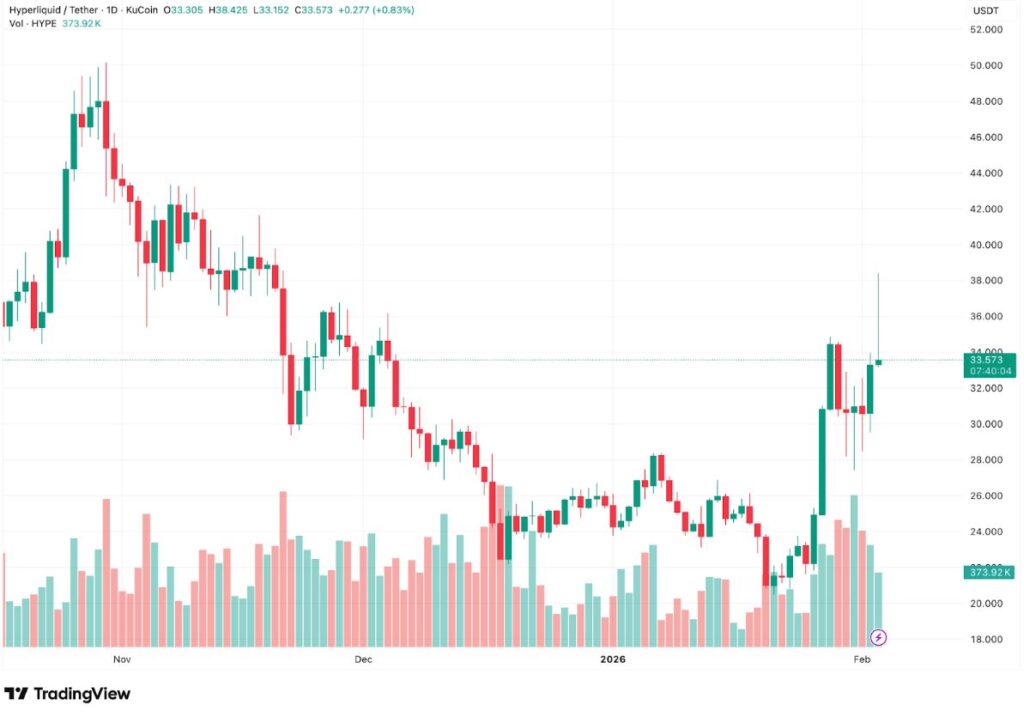2019-6-27 18:57 |
In today’s world, the privacy of data is paramount, causing people to demand protection of their data on social media sites, for example. But there is a far more critical sector that is not undergoing the same scrutiny when it comes to data and information – the health sector.
The health sector is an interesting case study in technological disparity. On one end of the scale, there are robot surgeons, but within the same hospital, there can still be fax machines.
The health sector, despite its attempts to modernize and move with the times, is letting itself down when it comes to health and medical data management. Arguably, this form of data is the most personal, most private, and most demanding of protection and streamlining – yet the system is severely flawed.
And when it comes to modernizing data management in the health sector, it is the blockchain that could be the answer.
A Sickly Situation for Data Privacy
Currently, patient data and information are badly mismanaged. It must be remembered that within the health sector, there are different entities, from GPs to pharmacists, to surgeons and specialists, and at the end of it all, insurers.
All of these entities rely on patient information; however, there is no single codified data management system for them to use. Doctors store patient information differently to pharmacists, and insurers, of course, have their own way of dealing with things.
More concerning is that the data your doctor has is not entirely relevant for your medical insurer; however, there is not much stopping that personal information from permeating to places you’d rather it did not.
Additionally, the current electronic health records (EHR) system is severely centralized and is a vulnerable point of attack. The EHR system is trying to modernize by using cloud services, but this is not good enough when taking into consideration the importance of data privacy.
Data Disruption at its finest
The good thing is that the medical space is one that is open to being modernized and disrupted. While this issue of data management may seem trivial on the surface, it is the backbone of a patient’s journey through the health service’s field.
For that reason alone, it seems evident that the data about a patient should not be left in the hands of a doctor, or whoever is the first port of call. Preferably it should be entrusted to the patient as they make their way through different areas of the medical sector.
Data control is a weapon of the blockchain, and a company called MediLOT is harnessing this powerful technology to arm patients with full control of their data. It is a disruptive yet decisive task they are undertaking.
Opening doors to new solutions
MediLOT believes that by leveraging technologies such as blockchain, and AI, machine learning and data analytics, they will be able to reinvigorate the all-important EHRs for patients.
Blockchain technology will enable patients to own their health data and be in full control of it. By doing this, the value of the data increases as it can be shared and saved securely and with full control. Now, Big Pharma, for example, can have access to clean useful health data that it has been granted access.
Of course, the data also becomes protected further in its storage as the blockchain would offer a decentralized ledger, eliminating the possibility of a single-entry catastrophic breach.
Firming up the health sector’s information foundation
The health and medical sector is a humongous industry, and an intimidating one to navigate for ailing patients. Concerns should not be focused around a poor EHR system, rather about getting well.
Leaving data management in the hands of a fragmented and siloed health sector leaves too many doors open for data manipulation, breaches of privacy, and inefficiencies in transmitting information.
What MediLOT proposes, with its blockchain-backed system, is a solution that turns EHRs on their head. Patients are offered secure and immutable ledger for their information to be stored on, as well as the keys to share data where necessary.
It is a disruptive and bold undertaking, but one that is simple as a solution, and also very necessary in the age of data privacy.
The post Can Blockchain Offer Protection for Most Personal Patient Data? appeared first on NewsBTC.
origin »Bitcoin price in Telegram @btc_price_every_hour
Streamr DATAcoin (DATA) на Currencies.ru
|
|



















